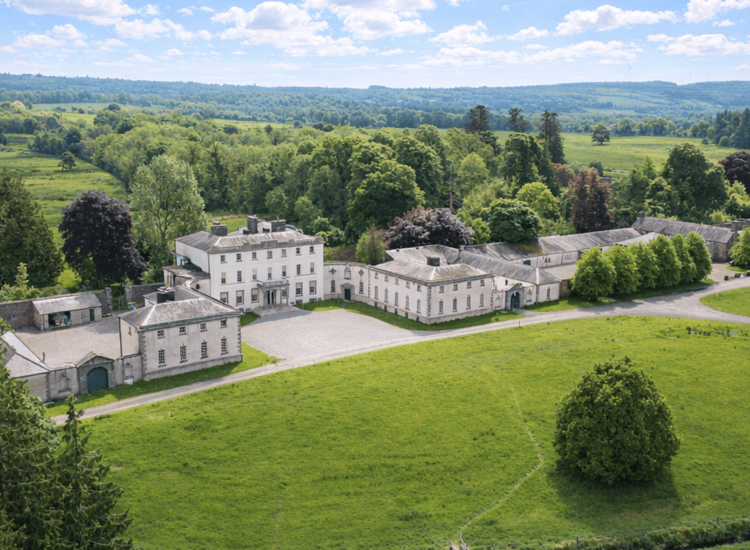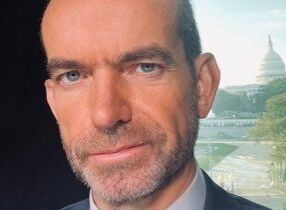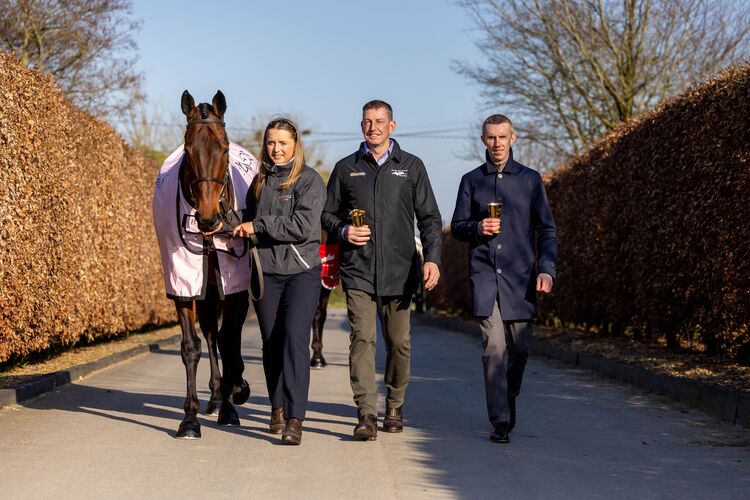Captain Frank Hurley
By Greg Mahony
Descendants of Captain Frank Hurley, 3rd West Cork Brigade, have marked the centenary of his death in Ireland, the U.S. and Australia.
On May 9, 1921, while in custody of the Essex Regiment, Hurley met his death while making a gallant bid to escape into the woods at Castle Mahon/Bernard, Bandon, County Cork.
An account of his death is mentioned in “Towards Ireland Free, The West Cork Brigade in the War of Independence 1917-1921" by Liam Deasy and other books on Ireland’s War of Independence, including "Guerilla Days in Ireland" by Tom Barry.
John Francis (Frank) Hurley, lived at Laragh, outside Bandon, with his parents on a small farm. He was the youngest of eleven children to Daniel Hurley and Julia Lynch.
He was born in 1891, some 25 years after the eldest, Mary, my grandmother, was born. Mary came to Australia when she was seventeen years old, following Timothy Mahony, my grandfather, from Murragh, near Bandon. Timothy was a laborer and may have been working on the Hurley farm. They married in 1888 in Brisbane, Queensland.
Frank and some of his siblings never met their sister Mary, being born after she emigrated. Mary died in 1957 and many years later letters from Frank were found behind a framed picture among Mary’s possessions.
I suspect this Irish lady was all too careful about the contents of Frank's letters, considering her brother was active in the IRA fighting British forces known as the Black and Tans. Australia, at that time, still held close military ties with England.
Mary wrote on an envelope in which she kept the letters, "Last letter I had from Frank. Died 9th May 1921.” She then wrote “Far dearer the grave or the prison illumed by one patriot name than the trophies of all who have risen on liberty’s ruins to fame.”
Although never seeing each other, this quote to me obviously shows her love and support for her brother in his death for the cause in Ireland’s freedom. The words are taken from Augustin Thierry (1795-1856), the French Classical liberal historian, who admired the habit of the conquered Irish to sing about their lost liberties.
The letters from Frank give an insight of his involvement in the Irish War of Independence, and his transportation by destroyer to Belfast from Cobh (then Queenstown), then after a week in Belfast to England.
They were written from the Wormwood Scrubs Prison in London in 1920, where Frank spent time prior to his release and death in 1921.
He mentions the actions of the police who, disguised at night, fired into houses, and who had murdered several. Of his situation he said that "It is Freedom now or slavery for another generation." He further states: "Anyway we are not lonely here for we have the best men in Ireland here." Mention of a hunger strike was also made.
Frank made sure that his letters to his sister Mary in Australia would be smuggled out of the prison by "Maggie." It is assumed that this is his sister Margaret. Another sister, Anna, was the leader of the Cumann na mBan in the Bandon district at that time.
Tom Barry in his book "Guerilla Days in Ireland" wrote: "Frank, a veteran Volunteer, Captain of the Laragh Company, was a fine soldier and comrade, and had fought conspicuously with the Brigade Flying Column in many of its engagements." He was at Crossbarry with the Mount Pleasant/Farnivane Company.
Flor Begley (Piper of Crossbarry fame), father of Diarmuid Begley who wrote the book "The Road to Crossbarry" where his father Flor saw action, was interned in 1920 with Frank Hurley in Wormwood Scrubs, along with "over one hundred and sixty men."
Diarmuid has a quote by Grace Lorenza O’Malley, which I think along with Thierry shows the feelings of the time: "What can ye know of spirits such as these or of the powers that move them to great deeds ‘gainst frightful odds? What did they do? You say who will not see, Nor judge their merits further than their gains, They gave their lives –no more!"
Captain Frank Hurley is buried with family in the Kilbrogan Cemetery, Bandon, County Cork. Rest in Peace Frank, your many descendants remember you.
Greg Mahony, who holds Irish and Australian citizenship, lives in Brisbane








